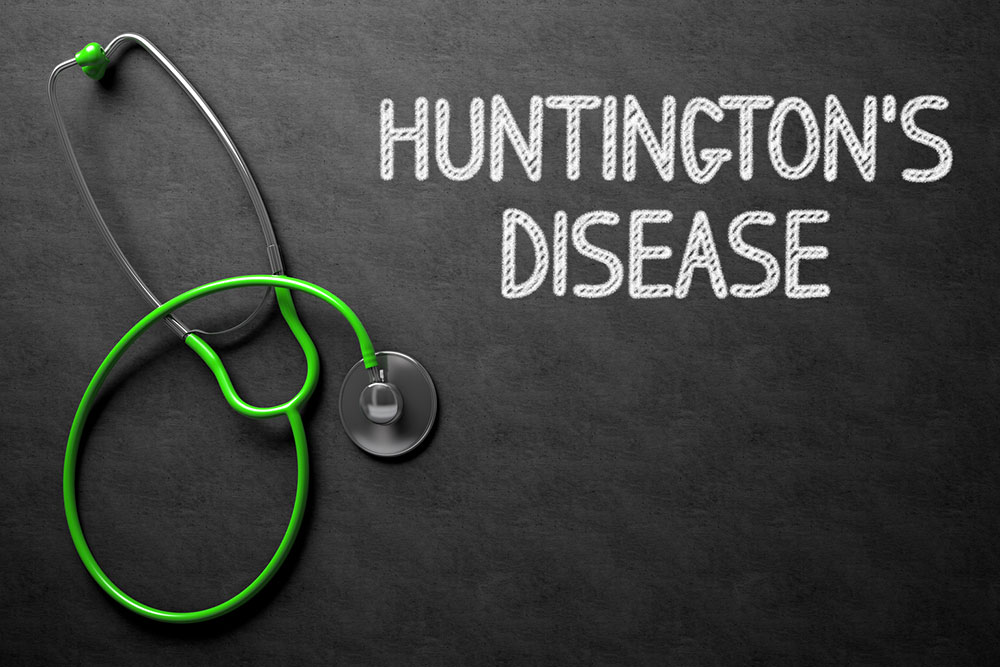Comprehensive Guide to Identifying Symptoms and Early Signs of Huntington's Disease
Discover an extensive overview of recognizing early signs and symptoms of Huntington's disease. Learn about motor impairments, cognitive decline, and mental health challenges, and understand the importance of early diagnosis for effective management. This guide underscores the value of professional evaluation in identifying subtle symptoms that may develop gradually, helping affected individuals access necessary treatments and support to improve their quality of life.

Understanding and Recognizing the Symptoms and Early Signs of Huntington's Disease
Huntington's disease is a complex hereditary neurodegenerative disorder that progressively damages nerve cells within the brain. This deterioration impacts multiple aspects of a person's health, including motor functions, cognitive abilities, and psychological well-being. Since symptoms can manifest gradually and vary widely among individuals, early detection can be particularly challenging without proper medical expertise. Identifying the initial signs of Huntington's disease is vital for effective management and improving the quality of life for those affected. This comprehensive guide covers the key symptoms, the importance of timely diagnosis, and the role of healthcare professionals in managing the disease.
The progression of Huntington's disease involves a spectrum of symptoms that may not appear all at once. Movement-related issues such as involuntary jerking or twitching, coordination problems, and difficulty with balance often serve as early indicators. Alongside motor symptoms, cognitive decline manifests as difficulty concentrating, learning new information, or impaired judgment. Mental health disturbances, including depression, anxiety, mood swings, and irritability, are also common and can sometimes precede other symptoms. Recognizing these signs early enables doctors to recommend appropriate interventions and tailor treatment plans effectively, focusing on symptom management and supportive care.
Motor Function Impairments: Involuntary movements, loss of coordination, balance issues
Cognitive Decline: Issues with memory, concentration, judgment
Psychiatric and Mental Health Challenges: Depression, anxiety, mood swings, behavioral changes
Understanding the wide range of symptoms associated with Huntington's disease is essential for early diagnosis and effective management. While some symptoms, like involuntary movements, are more conspicuous, others, such as subtle cognitive changes or psychiatric issues, require attentive observation and professional assessment. Healthcare professionals, including neurologists and mental health specialists, are crucial in evaluating these signs, conducting genetic testing, and establishing an accurate diagnosis. Early intervention can delay symptom progression and allow individuals to access supportive therapies, prescriptions, and counseling to better cope with the disease's impact. By staying vigilant to the early signs and seeking timely medical advice, patients and families can better navigate the challenges posed by Huntington's disease.





